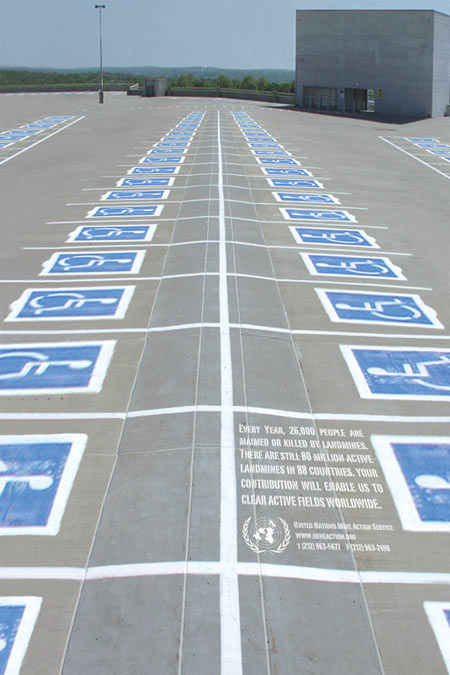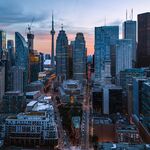W. K. Lis
Superstar
A parking tax/fee should be implemented after 2020. That would be after the Line 1 extension opens, after the Crosstown LRT opens, and maybe with GO RER service improvements.
If the parking levy was done at a regional level (Metrolinx finally getting a revenue tool of worth?) then I see it leading to issues of inequality. Parking revenue from Toronto would go to subsidizing other parts of the 905.
I do like the idea of making it inversely related to proximity to a rapid transit line.
A parking tax/fee should be implemented after 2020. That would be after the Line 1 extension opens, after the Crosstown LRT opens, and maybe with GO RER service improvements.
I think parking levies and gas taxes are the way to do.
The thing is the system has to fair. The day they bring in these new levies/taxes should be the same day they reduce transit/Metropass/GO fares. Certainly some should go to long term infrastructure but if people don't see an IMMEDIATE reduction in the transit fares when they are paying more transit taxes they will automatically believe that the money will end up in general revenue slush funds or infrastructure projects that never get built.
Aren't we supposed to be getting a slew of new Carbon Taxes starting in January?
What is the Wynne government planning to do with that money? Should some of it go to transit funding?

For the parking tax, they can make an exemption for handicap spaces. (Maybe they better tack on a maximum number in case they make the entire lot handicapped spaces only.)

Or maybe add exemptions for electric car charging stations too?
That could be one way to incentivise the marketplace to adopt charging stations.
None of NJ Transit’s trains are fully equipped with positive train control, a safety system designed to prevent accidents by automatically slowing or stopping trains that are going too fast. The industry is under government orders to install PTC, but the deadline has been repeatedly extended by regulators at the request of the railroads. The deadline is now the end of 2018.
That was close.When funding for safety has to be delayed, delayed again, or delayed indefinitely due to funding cuts.
New Jersey train in crash that killed at least one not equipped with technology to slow down
More than 100 injured when New Jersey Transit commuter train crashed through a barrier at the end of the track.
From link.
Source? I thought it was close to double that. (Though I wouldn't be surprised)So today I learned that the City collects only 6 to 7 percent of taxes collected within the City of Toronto. Increasing that rate slightly would fix our infrastructure ailments and have a tiny (tiny!) impact on overall taxation burden.
I don't think "we don't tax you nearly as much as the other guys tax you" is a good way to sell tax increases...but that is just one man's opinion.So today I learned that the City collects only 6 to 7 percent of taxes collected within the City of Toronto. Increasing that rate slightly would fix our infrastructure ailments and have a tiny (tiny!) impact on overall taxation burden.
I don't think "we don't tax you nearly as much as the other guys tax you" is a good way to sell tax increases...but that is just one man's opinion.




